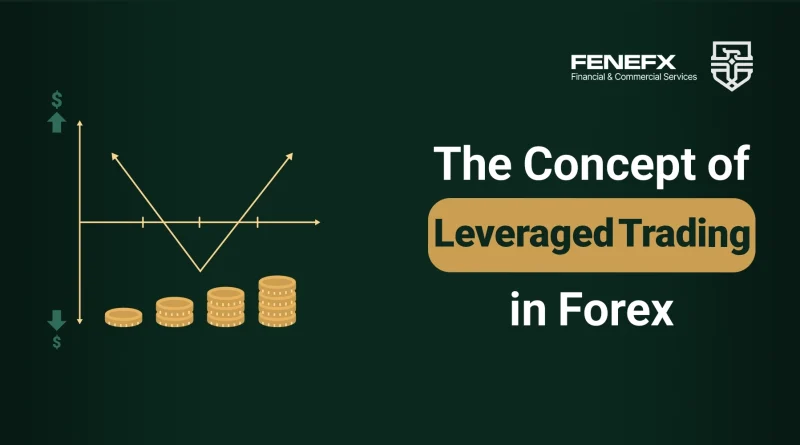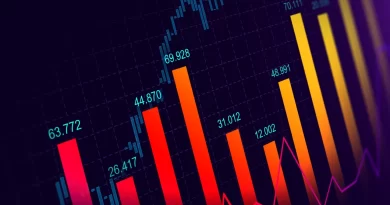Forex Trading Psychology for Beginners: The Real Battle Is in Your Head
Let’s be honest. When you first get into forex trading, you’re probably dreaming of charts, indicators, and that one perfect trade that changes everything. You know, the stuff that looks good on screen.
But here’s the deal—the secret that no one shouts about loudly enough. The real market isn’t on your monitor. It’s between your ears. Success in forex is maybe 20% strategy and a whopping 80% psychology. It’s the invisible force that separates the consistent traders from the… well, from the ones who blow up their accounts.
Why Your Mind Is Your Biggest Asset (and Liability)
Think of it like this: your trading strategy is a high-performance sports car. It’s sleek, powerful, and engineered for speed. But your psychology? That’s the driver. A nervous, reckless, or overconfident driver will crash that car every single time, no matter how good it is.
For beginners, the forex market feels like a sensory overload. Prices flicker. News flashes. Your account balance jumps up and down. It’s easy to get swept away by two primal emotions: fear and greed. Honestly, these two are the arch-nemeses of every new trader. They trigger a cascade of mental biases that lead to classic, costly mistakes.
The Usual Suspects: The Psychological Pitfalls Every Beginner Faces
Fear of Missing Out (FOMO)
You see a currency pair rocketing upward. You haven’t done your analysis, but you panic-buy because you’re terrified the train is leaving the station without you. Sound familiar? FOMO is that frantic, itchy feeling that makes you abandon your plan and chase price. The result? You often buy at the top, just before a pullback.
Revenge Trading
You just took a loss. It stings. Your ego is bruised. So, what do you do? You jump right back in, trying to “win back” what you lost. This is revenge trading, and it’s pure emotional gambling. You’re not thinking clearly; you’re reacting. It’s like trying to fix a hole by digging it deeper.
Holding Losers and Selling Winners
This one is a classic. It stems from something called loss aversion—the pain of a loss is psychologically twice as powerful as the pleasure of a gain. So, you hold onto a losing trade, hoping it will break even (it’s not a loss until you close it, right?), but you quickly close a winning trade because you’re scared it will reverse. This is a surefire way to slowly bleed your account dry.
Building Your Mental Trading Plan: A Practical Guide
Okay, enough about the problems. Let’s talk solutions. Building robust forex trading psychology isn’t about becoming a robot. It’s about building habits and awareness.
1. Create a Rule-Based Trading Plan and STICK TO IT
This is your anchor in the storm. Your plan should be a detailed document that outlines:
- Your Entry Criteria: Exactly what conditions must be met for you to enter a trade.
- Your Exit Criteria: Your profit target and, just as importantly, your stop-loss level.
- Risk Management Rules: Never risk more than 1-2% of your account on a single trade. Seriously. This is non-negotiable for beginners in forex.
The plan removes emotion in the moment. You don’t have to decide; you just have to execute.
2. Embrace the Stop-Loss Like a Lifeline
New traders hate stop-losses. They see them as admitting defeat. Flip that script. A stop-loss is your best friend. It’s a pre-determined cost for being wrong, and it keeps you in the game. It’s the seatbelt in your trading car—you hope you never need it, but you’d be a fool not to wear it.
3. Keep a Trading Journal (The Unsexy Game-Changer)
This might be the most powerful tool for improving your trading psychology. After every trade, write it down. Not just the profit or loss. Write down:
- Why you entered the trade.
- How you felt during the trade (nervous? confident? greedy?).
- Did you follow your plan?
- What you learned.
Over time, you’ll see patterns. You’ll notice that you tend to make bad decisions when you’re tired, or that you consistently break your rules after a losing streak. This self-awareness is pure gold.
The Trader’s Mindset: Shifting Your Perspective
Beyond the practical steps, there’s a deeper mindset shift that needs to happen.
Focus on the Process, Not the Profit
If you stare at your profit/loss column all day, you’ll go mad. The market is random in the short term. Instead, focus on executing your plan flawlessly. Did you take all the set-ups your plan identified? Did you manage your risk correctly? If you did, then it was a good trading day, regardless of whether you made or lost money. The profits are a byproduct of a good process.
Accept that Losses Are Part of the Game
Even the best traders in the world have losing trades. In fact, many are wrong more often than they are right. They just make more on their winners than they lose on their losers. You need to get comfortable with being wrong. A loss is not a failure; it’s the cost of doing business and a tuition fee for your education.
A Quick Glance at Common Biases
| Bias | What It Is | How It Hurts Your Trading |
| Confirmation Bias | Seeking out information that confirms what you already believe. | You ignore clear sell signals because you’re convinced a trade will go up. |
| Overconfidence | Believing your skills are better than they are after a few wins. | You take on too much risk or stray from your plan, leading to a big loss. |
| Recency Bias | Giving more weight to recent events over long-term trends. | Because the market has been rising for days, you assume it will only go up. |
The Journey Ahead
Mastering forex trading psychology is a journey, not a destination. It’s a continuous practice of self-discipline and self-honesty. Some days you’ll be the calm, disciplined trader you aspire to be. Other days, you’ll make a stupid, emotional mistake. And that’s okay.
The goal isn’t perfection. The goal is awareness. It’s to notice when fear or greed is whispering in your ear, and to have the presence of mind to choose a different path. To close the chart, take a walk, and come back with a clearer head.
Because in the end, the most important trade you’ll ever make is the one you make on yourself.




